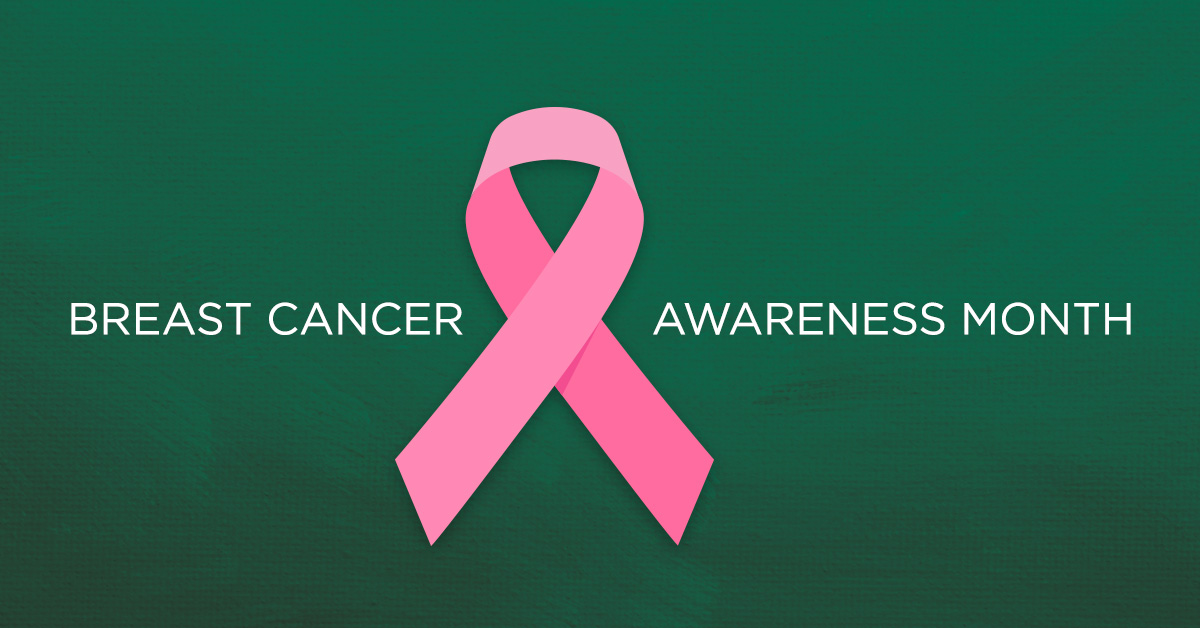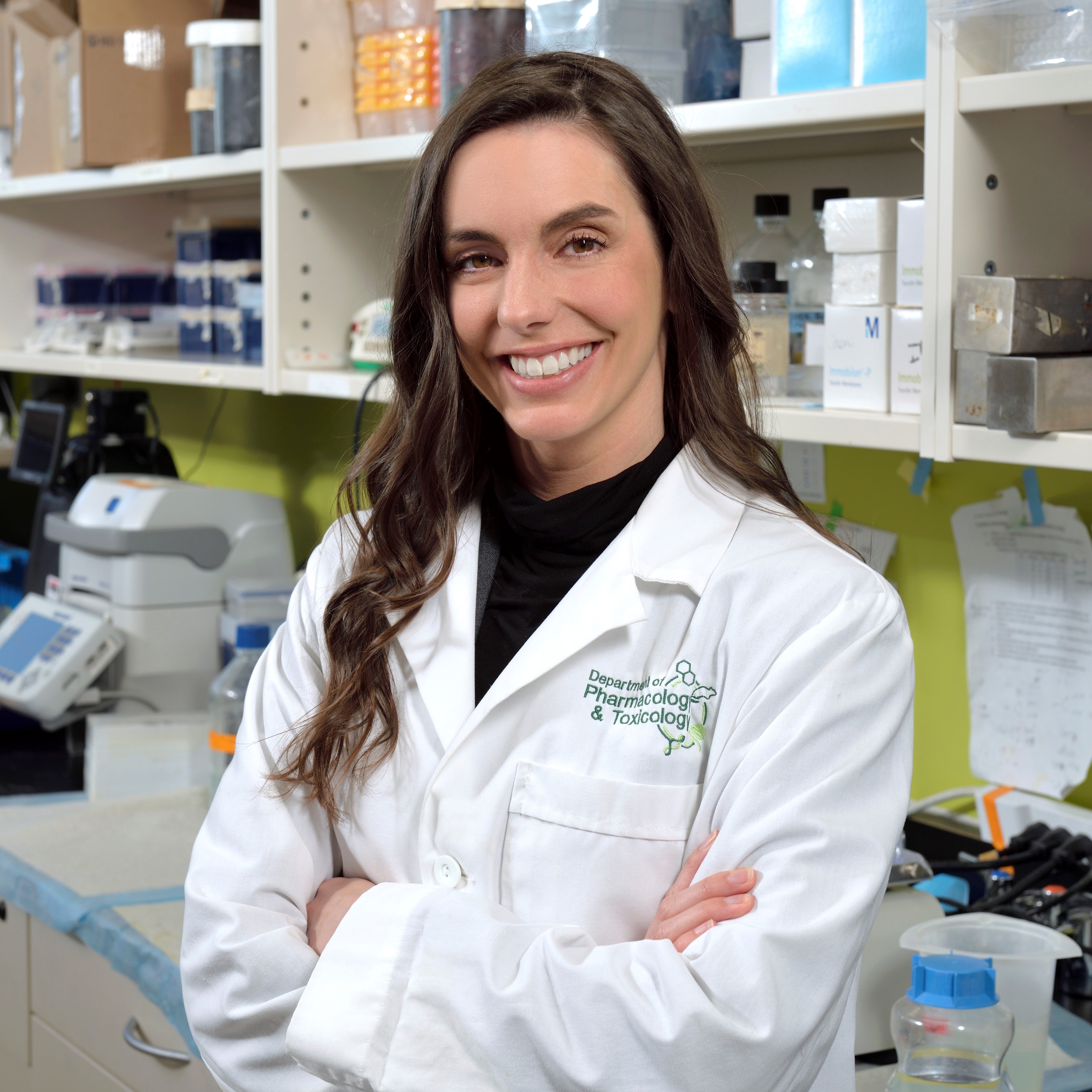Can Belly Fat Promote Breast Cancer?
October 19, 2022
The link between obesity and cancer has been known for about 20 years. Jamie Bernard, a College of Human Medicine associate professor of Pharmacology & Toxicology, is studying exactly how obesity contributes to breast cancer and what can be done to prevent it.
 Bernard, PhD, received a grant from the National Institute for Environmental Health Sciences in 2020 to study how adipose tissue, otherwise known as body fat, interacts with a common environmental chemical called Benzo(a)pyrene, or BaP, to increase breast cancer risk.
Bernard, PhD, received a grant from the National Institute for Environmental Health Sciences in 2020 to study how adipose tissue, otherwise known as body fat, interacts with a common environmental chemical called Benzo(a)pyrene, or BaP, to increase breast cancer risk.
Preventing cancer is preferable to treating it once it has been diagnosed, she said, a message that is important any time, but is highlighted now, since October is National Breast Cancer Awareness Month.
“If we are going to try to reduce the burden of cancer and the overall mortality, we have to think upstream,” Bernard said, “by determining how obesity can impact cancer risk following exposure to a carcinogen.”
Her study focuses on a particularly aggressive sub-type of breast cancer called triple negative, because the cancer cells do not have estrogen or progesterone receptors and do not make much or any of a protein called HER2. The lack of those receptors and HER2 make triple negative breast cancer exceedingly difficult to treat.
 “There are limited treatment options once the cancer is diagnosed,” Bernard said, increasing the importance of preventing it.
“There are limited treatment options once the cancer is diagnosed,” Bernard said, increasing the importance of preventing it.
Triple negative breast cancer accounts for 10-15 percent of all breast cancers, according to the American Cancer Society, and it tends to grow faster than other types of breast cancer and has a worse prognosis.
People frequently are exposed to BaP, a known carcinogen found in tobacco and many foods, including grilled meat.
Bernard – in collaboration with Sophia Lunt, PhD, an associate professor of biochemistry and molecular biology at MSU, and Weston Porter, PhD, a professor at Texas A&M – is studying how the metabolism of factors released by belly fat, particularly amino acids, interact with BaP to create an environment conducive to cancer.
Understanding that process could lead to ways of preventing breast cancer by intervening with medications or weight maintenance programs, Bernard said.
Her lab always has focused on preventing various forms of cancer by understanding how factors such as diet, obesity, and environmental exposure can cause normal cells to become cancer cells.
“If we understand what factors are important in the formation of cancer,” she said, “that can help us inform the public on how to reduce their risk of cancer.”

